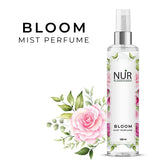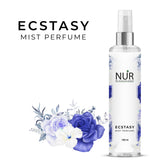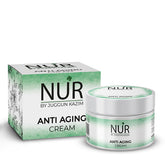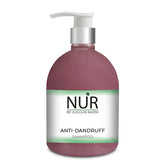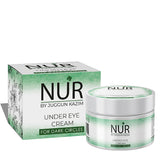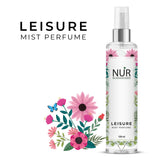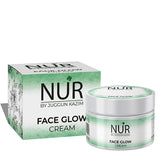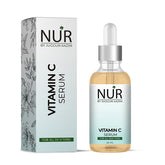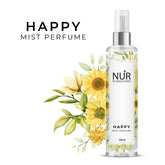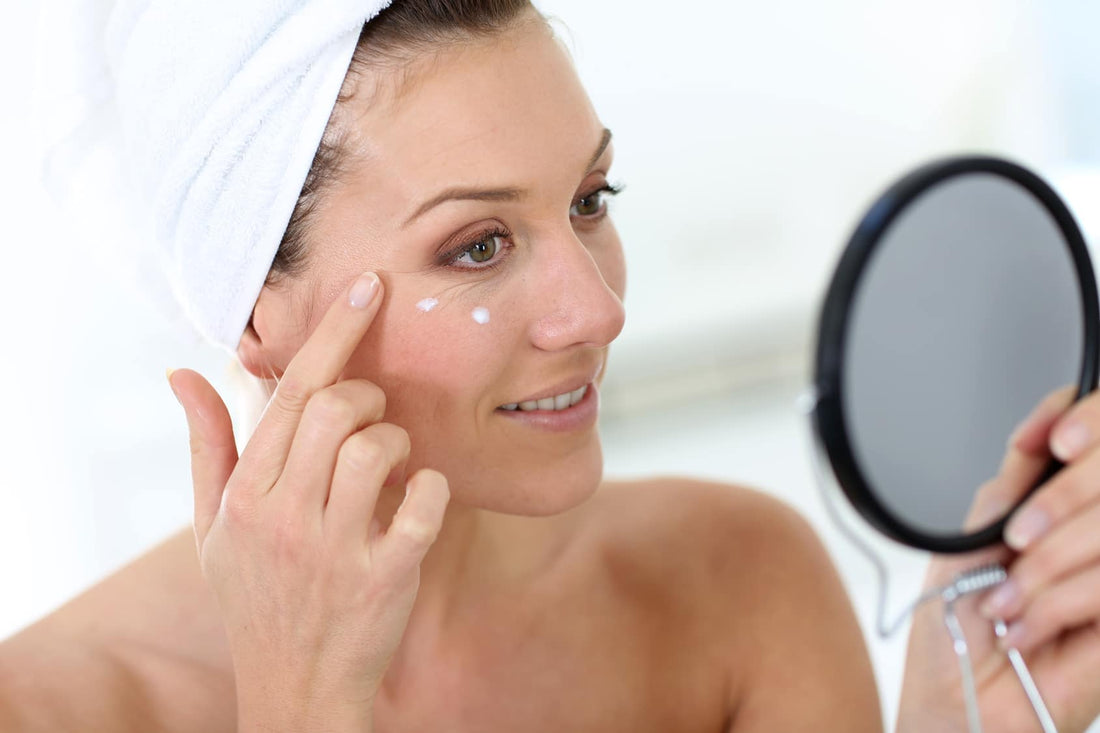Anti-aging products make up a huge part of the skincare market. From serums to cream, there are shelves full of topical products making all sorts of claims to reverse or prevent signs of aging. But do these really work? It's hard to believe something as simple as smoothing on a cream can produce any major results. So we talked to three dermatologists to get their take on anti-aging creams and serums and if they actually work — and we have good news! All three unanimously agreed that yes, anti-aging topical products do in fact work. However, there are a few things you should know before purchasing to guarantee real, longer-term result.
Price doesn't actually matter
 Nervous about your budget? Don't be! You may think the pricier the better when it comes to getting results, but that isn't necessarily true. There is this misconception that more expensive products always work better, But in reality, it all comes down to knowing what is good and the science behind it. That means if a product has active ingredients such as retinol or antioxidants, it doesn't matter whether it's from a drugstore, a dermatologist, or a premier luxury line.
Nervous about your budget? Don't be! You may think the pricier the better when it comes to getting results, but that isn't necessarily true. There is this misconception that more expensive products always work better, But in reality, it all comes down to knowing what is good and the science behind it. That means if a product has active ingredients such as retinol or antioxidants, it doesn't matter whether it's from a drugstore, a dermatologist, or a premier luxury line.
Retinol can reverse signs of aging
 The truth behind whether a topical product works or not comes down to the ingredients it's packed with. Retinol is a key ingredient when it comes to reversing the signs of aging. It's my No. 1 anti-wrinkle eraser. Retinol is an active form of vitamin A. As we age, our bodies lose vitamin A naturally, which is what helps create those signs of aging such as wrinkles and a dull complexion. But retinol can reverse this. Retinol and especially retinoic acid work to increase cell turnover, build collagen, improve discoloration, treat wrinkles by replenishing the body of vitamin A, retinol essentially teaches aging skin cells how to behave like younger, healthier cells by encouraging them to turnover more rapidly. So if a product contains retinol, you can expect to see smoother, brighter, firmer skin.
The truth behind whether a topical product works or not comes down to the ingredients it's packed with. Retinol is a key ingredient when it comes to reversing the signs of aging. It's my No. 1 anti-wrinkle eraser. Retinol is an active form of vitamin A. As we age, our bodies lose vitamin A naturally, which is what helps create those signs of aging such as wrinkles and a dull complexion. But retinol can reverse this. Retinol and especially retinoic acid work to increase cell turnover, build collagen, improve discoloration, treat wrinkles by replenishing the body of vitamin A, retinol essentially teaches aging skin cells how to behave like younger, healthier cells by encouraging them to turnover more rapidly. So if a product contains retinol, you can expect to see smoother, brighter, firmer skin.
Antioxidants can also help prevent signs of aging
 Another key ingredient in anti-aging skincare: antioxidants, which do in fact promote repair and healing when you have already mature skin. But their main anti-aging benefit is prevention. Antioxidants help protect the skin from free radical damage and environmental stressors such as UV damage or pollution. They protect the key supporting protein structures within the skin by decelerating their degradation. These antioxidants come in many forms, including vitamin E and C, green tea extract, niacinamide, and resveratrol. Dr. Engelman further explains, Vitamin C pairs with free radical scavengers in search of a missing electron, so it neutralizes the damage a free radical can do if it were to pair instead with an electron from a skin protein. So if you're someone who isn't quite seeing the signs of aging yet, but is nervous about the future, look for products packed with any of these kinds of antioxidants.
Another key ingredient in anti-aging skincare: antioxidants, which do in fact promote repair and healing when you have already mature skin. But their main anti-aging benefit is prevention. Antioxidants help protect the skin from free radical damage and environmental stressors such as UV damage or pollution. They protect the key supporting protein structures within the skin by decelerating their degradation. These antioxidants come in many forms, including vitamin E and C, green tea extract, niacinamide, and resveratrol. Dr. Engelman further explains, Vitamin C pairs with free radical scavengers in search of a missing electron, so it neutralizes the damage a free radical can do if it were to pair instead with an electron from a skin protein. So if you're someone who isn't quite seeing the signs of aging yet, but is nervous about the future, look for products packed with any of these kinds of antioxidants.
These active ingredients should come in high concentrations
As you turn over boxes to look for active ingredients like retinol and antioxidants, you'll want to make sure they come in a high enough concentration to actually work. they should be at the top of the ingredient list. An active ingredient placed higher up on the list suggests higher concentrations within the product. You need to know whether the concentration be strong enough to actually create a biological effect.
Moisturizing components are beneficial but shouldn't be the main ingredient
 Hydrated skin equals plump skin. And plump skin equals younger-looking skin. But to get long-term anti-aging benefits, you're going to need more than moisture. Hyaluronic acid will hydrate and plump the skin, but on the surface only. However, you don't want to completely forgo these moisturizing benefits. After all, surface benefits like plump, smooth lines don't suck. It also helps provide a barrier to protect the skin. Hyaluronic acid can hold up to 1,000 times its weight in water, meaning it does wonders in hydrating the skin. Skin loses water and moisture as we age. This ingredient will help store hydration. Also, strong doses of retinol can dry out skin. So while you're looking for products filled with retinol and antioxidants, also keep an eye out for hyaluronic acid. It will only help balance skin's moisture barrier and can deliver quick smoothing results while you slowly gain long-term results.
Hydrated skin equals plump skin. And plump skin equals younger-looking skin. But to get long-term anti-aging benefits, you're going to need more than moisture. Hyaluronic acid will hydrate and plump the skin, but on the surface only. However, you don't want to completely forgo these moisturizing benefits. After all, surface benefits like plump, smooth lines don't suck. It also helps provide a barrier to protect the skin. Hyaluronic acid can hold up to 1,000 times its weight in water, meaning it does wonders in hydrating the skin. Skin loses water and moisture as we age. This ingredient will help store hydration. Also, strong doses of retinol can dry out skin. So while you're looking for products filled with retinol and antioxidants, also keep an eye out for hyaluronic acid. It will only help balance skin's moisture barrier and can deliver quick smoothing results while you slowly gain long-term results.
It's not going to happen overnight
It takes time and consistency to see any sort of real results. While you may see superficial benefits thanks to hyaluronic acid or caffeine, to actually reverse the signs of aging takes time. All the dermatologists stressed that women should be wary of any fast-acting claims a product makes. Any claim that sounds too good to be true likely is. Even the best skin care products take 4-8 weeks to really induce measurable skin changes. skin needs to go through a full cycle in order to produce new skin cells. And it's with these new cells that you'll see real results. You also need to keep up a consistent routine to gain products' full benefits. This means serums and creams should be used every single day. These active products require daily use, as skin is being regenerated 24 hours a day. It is recommended to use the product in the morning and before bed.

